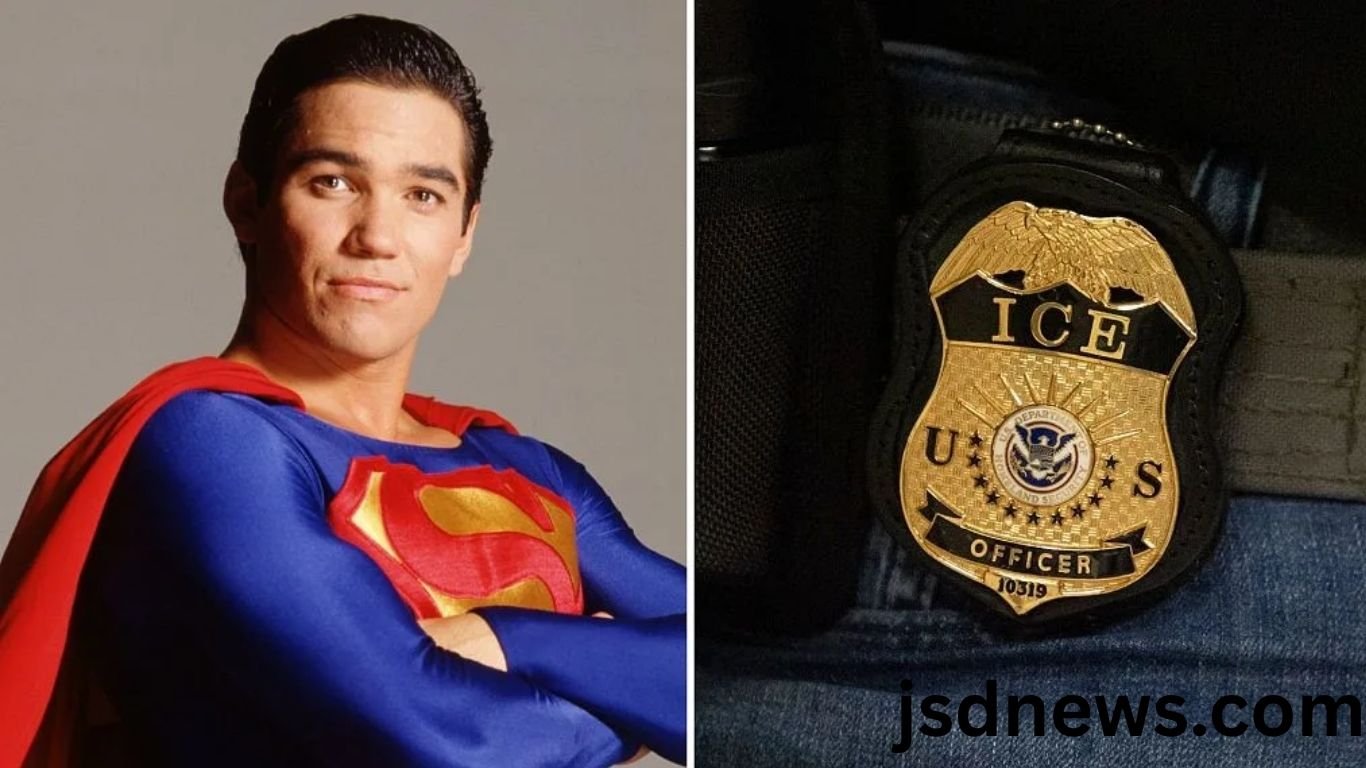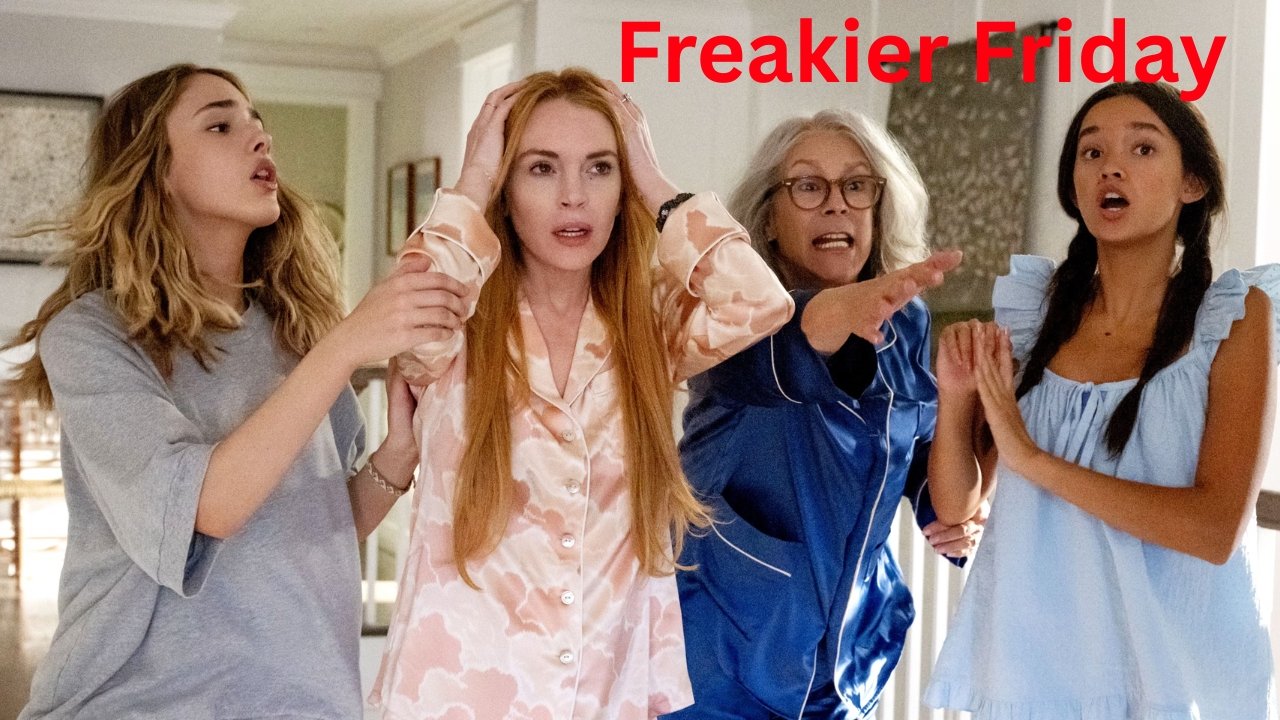By JSD MEDIA NEW YORK July 25, 2025:-In an eyebrow‑raising turn of events, South Park co‑creators Trey Parker and Matt Stone delivered a sardonic apology for their season 27 premiere, which depicted President Donald Trump in bed with Satan and featured an unblurred, deepfake-style portrayal of a tiny Trump penis. The episode, timed alongside their $1.5 billion deal with Paramount+, provoked a stern condemnation from the White House. At San Diego Comic‑Con, Parker deadpanned, “We’re terribly sorry.” This article unpacks the satire, the fallout, expert analysis, and the broader cultural and corporate tensions involved.
What Sparked the Controversy?
The season premiere of South Park, titled “Sermon on the ‘Mount’,” exploded onto screens with its trademark irreverence, poking fun at political figures, corporate deals, and media censorship. Most notably, it portrayed former President Donald Trump in bed with Satan—completely nude. The scene included a googly-eyed, anthropomorphized penis, which became a focal point of controversy.
Originally, Comedy Central’s standards department wanted the image blurred. But co-creator Trey Parker refused. Instead of censoring it, they turned the body part into a talking character with cartoon eyes, skirting traditional censorship rules in classic South Park fashion. This creative workaround not only preserved the shock value but amplified the satire.
The episode was produced within days of its airing, exemplifying South Park’s longstanding ability to turn around timely, politically charged episodes with lightning speed. This commitment to rapid satire helped the show stay relevant through decades of cultural shifts.
The episode also skewered Trump’s ongoing legal troubles, referencing the Jeffrey Epstein file release, and included meta-jabs at Paramount, Comedy Central’s parent company, especially its recent history of internal drama, media handling, and corporate settlements.
The “Apology” That Wasn’t an Apology
At San Diego Comic-Con, when asked about the controversy and the White House’s reaction—which included labeling South Park a “fourth-rate show” desperate for attention—Trey Parker responded simply, “We’re terribly sorry.” The deadpan delivery, paired with a long, silent stare, was dripping in sarcasm.
Far from a sincere apology, Parker’s performance mocked the very idea that satire needs to explain or excuse itself. The “apology” became a viral moment online, celebrated by fans as another example of the creators refusing to bow to political or cultural pressure.
Corporate Ironies: Paramount, Comedy Central & Streaming Deals
Paramount’s $1.5 Billion Deal vs. $16 Million Settlement
Just days before the episode aired, Parker and Stone signed a massive $1.5 billion deal with Paramount+ that includes 50 new South Park episodes and exclusive streaming rights to the entire series catalog. The timing of this deal couldn’t have been more ironic: Paramount also quietly settled a lawsuit with Donald Trump for $16 million over a disputed 60 Minutes interview that allegedly misrepresented him.
The contrast between the celebratory new deal and the costly settlement illustrated the tension between commercial success and controversial content. While Paramount was eager to retain the creative duo’s commercial clout, it was simultaneously working to smooth over conflicts with the very subject being lampooned.
Merger Turmoil & Production Tensions
Adding to the chaos, the season premiere was delayed by about two weeks due to complications from the merger between Paramount Global and Skydance Media. Parker and Stone described the situation as a “complete s— show,” openly blaming the corporate upheaval for production headaches.
Despite the disruption, the team managed to produce the controversial episode in under a week. The speed and boldness with which it was executed only reinforced the show’s reputation as a no-holds-barred commentary machine that thrives in chaos.
Cultural Reactions: Critics, Fans & the White House
The White House issued a statement dismissing the episode as tasteless and dated, criticizing the show for “clinging to relevance by resorting to cheap, vulgar gimmicks.”
But the response from critics and fans told a different story. Media analysts and pop culture reviewers praised the episode as a fearless critique that pulls no punches, continuing South Park’s tradition of skewering both the powerful and the absurd, regardless of political affiliation.
Jeremy Morton, a historian with the History Colorado Center, observed, “One thing that makes the show endure is its unflinching desire to mock everyone equally—from all political sides.”
The episode even gained praise from those who typically criticize South Park for being crude or juvenile. Its sharp lens on censorship, media hypocrisy, and political theater resonated in a deeply polarized cultural moment.
Timeline & Creative Decisions
| Aspect | Detail |
|---|---|
| Episode Title | “Sermon on the ‘Mount’” |
| Premiere Air Date | July 23, 2025 |
| Trump Creative Highlight | Naked with Satan; deepfake desert walk featuring anthropomorphized penis |
| Network Censorship Debate | Comedy Central pushed blur; creators added eyes instead (4-day debate) |
| Corporate Deal | $1.5 billion, 50 new episodes streaming on Paramount+ |
| Settlement | Paramount paid Trump $16 million over 60 Minutes lawsuit |
| Production Delay | ~2-week delay due to Paramount-Skydance merger |
Expert Insight & Satirical Strategy
According to media analyst Sara Gleason, “Parker and Stone use irreverence not as shock for shock’s sake, but to expose hypocrisy—whether political, corporate, or institutional.”
The episode also takes aim at CBS, subtly mocking its cancellation of The Late Show following Stephen Colbert’s repeated jabs at Paramount management. The layered attack not only critiqued political figures but also the corporations that often try to shape or suppress those criticisms.
This ability to swing punches in all directions is a key part of South Park’s enduring influence. The satire cuts through partisan divides and strikes at the often-uncomfortable intersections between media, money, and messaging.
Why It Matters: Freedom vs Corporate Pressure
What makes this episode especially significant is the paradox it highlights: biting satire made possible by corporate funding—and directed at those same corporate sponsors.
The creators’ decision to defy censorship, even within a network they are financially tied to, raises questions about artistic freedom in the age of mega-mergers and billion-dollar content deals. It also underscores the challenge of balancing profitability with the right to push boundaries.
South Park has long operated on the edge of what’s acceptable. This episode demonstrates that even as streaming platforms become gatekeepers, bold voices can still find ways to disrupt and provoke.
Broader Impact: Politics, Culture & Comedy
In today’s contentious political climate, South Park’s latest outing strikes a nerve. The episode’s references to Epstein’s files, Trump’s legal woes, and corporate influence over media aren’t just edgy jokes—they reflect real societal debates.
Beyond Trump, the show tackles the broader trend of political figures escaping media scrutiny through legal maneuvering and public distraction. It also criticizes the entertainment industry’s increasing willingness to compromise on content to appease power and profit.
These layers of satire highlight the importance of comedy as both entertainment and resistance. It proves that even in an age of sanitized algorithms and PR-driven messaging, satire can still cut through.
Trey Parker’s wry “We’re terribly sorry” isn’t just a quip—it’s a declaration. South Park refuses to apologize for doing what it’s always done best: holding up a warped mirror to society and daring audiences to laugh at what they see.
For fans, the episode reaffirms the show’s place as one of the last unfiltered voices in mainstream entertainment. For critics, it may cross lines. But that tension is the point. Satire isn’t about playing safe. It’s about pressing buttons until something real surfaces.
And once again, South Park has done just that—without flinching, and without a real apology.











